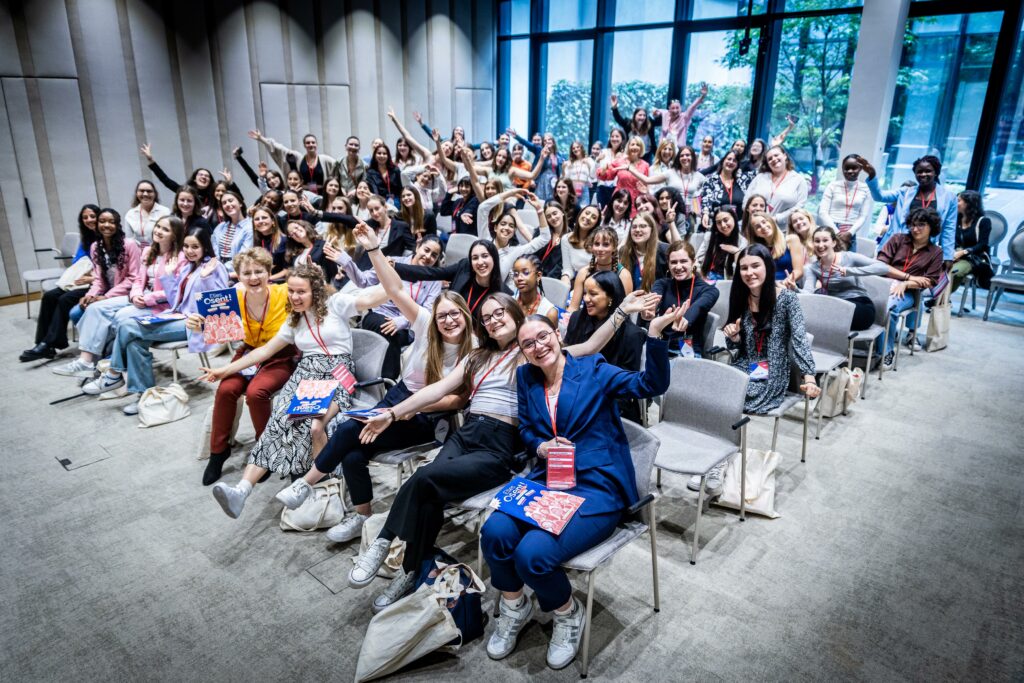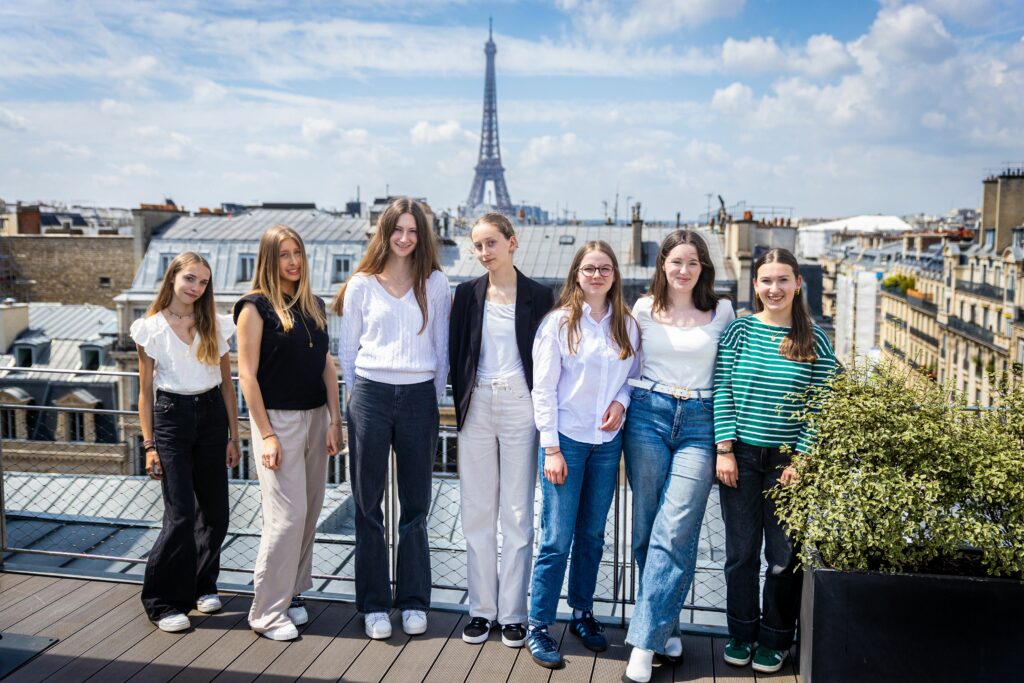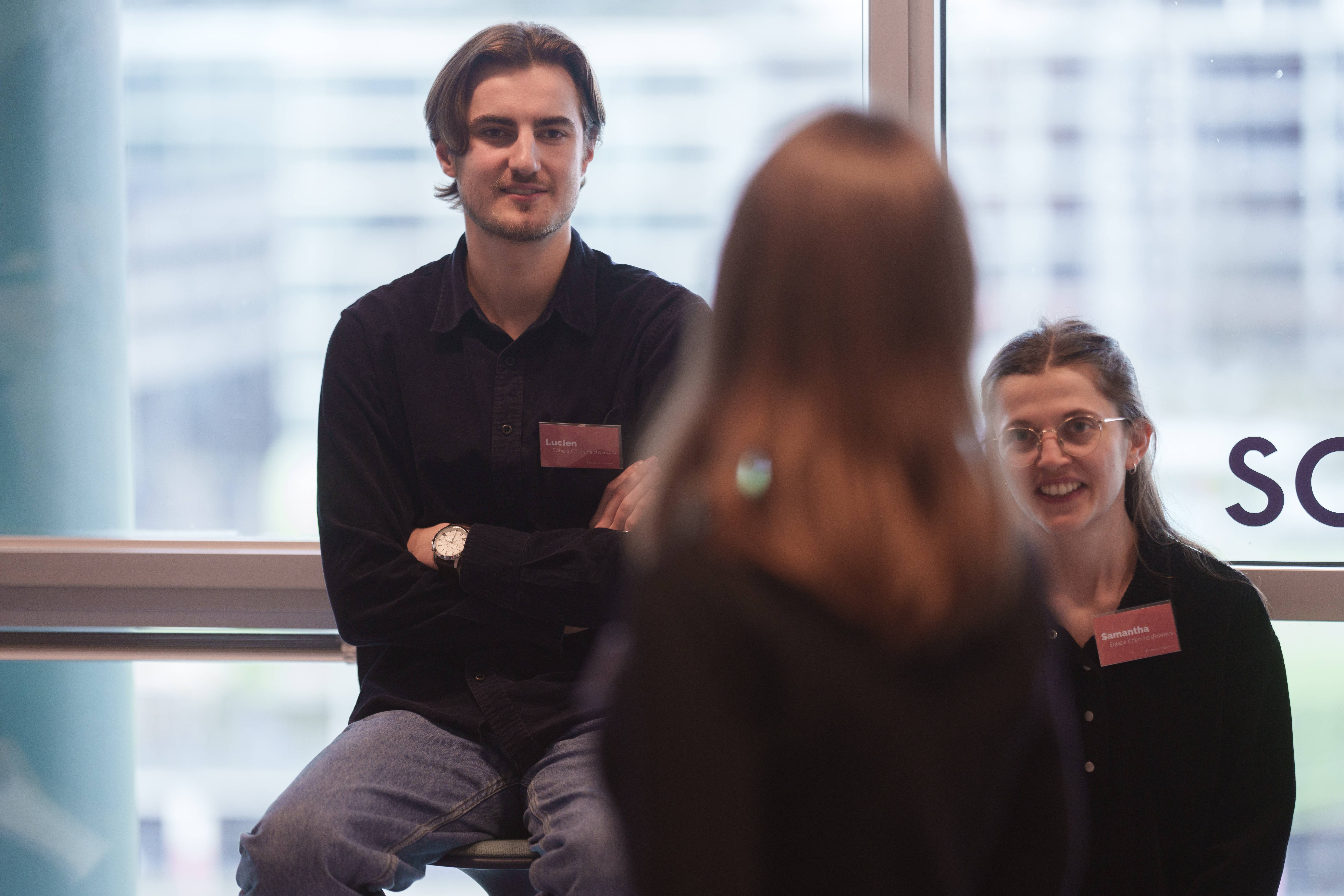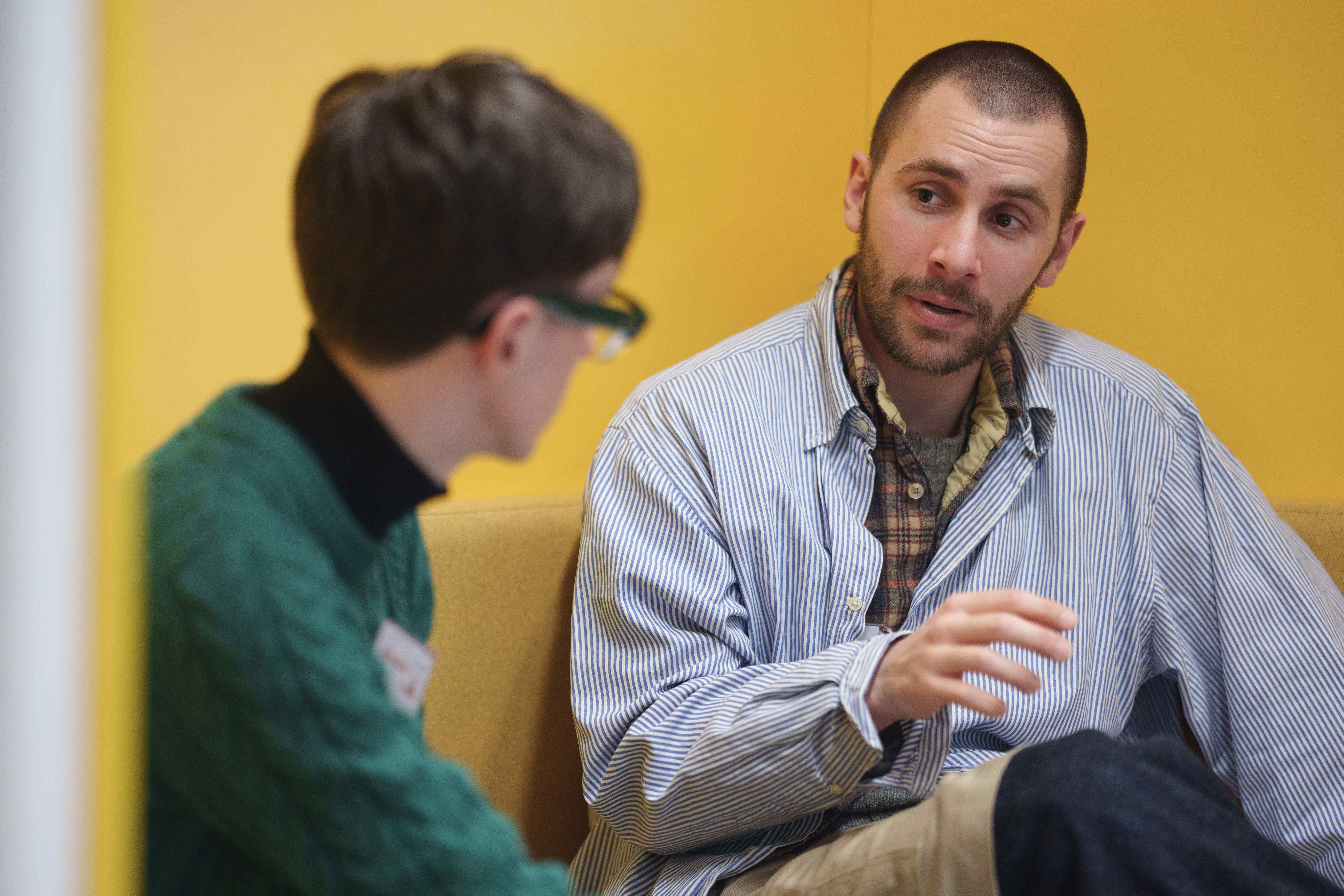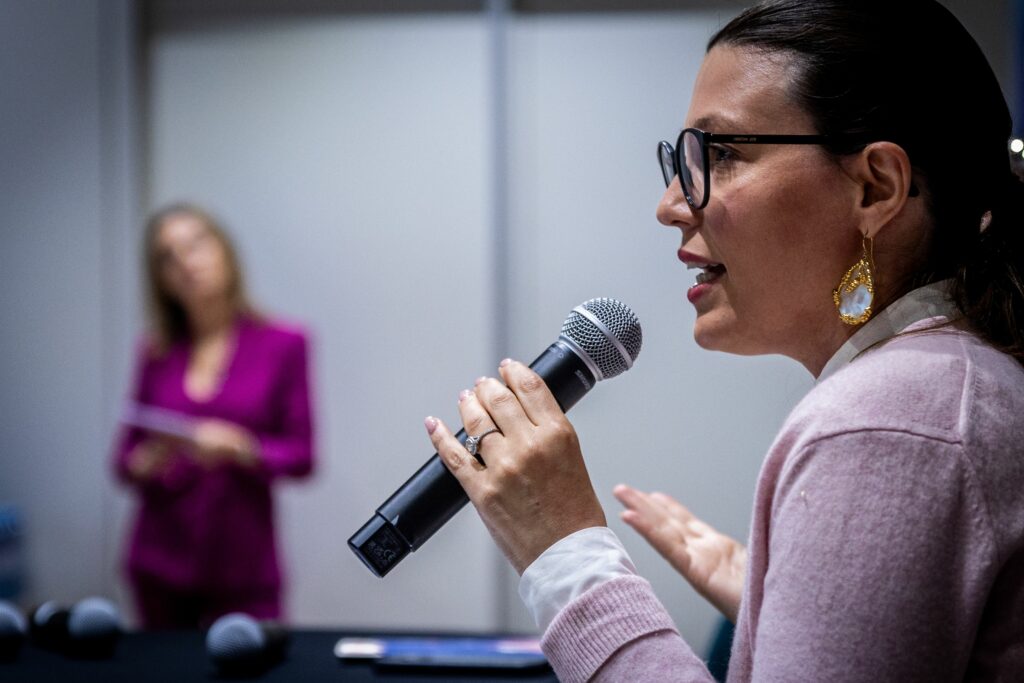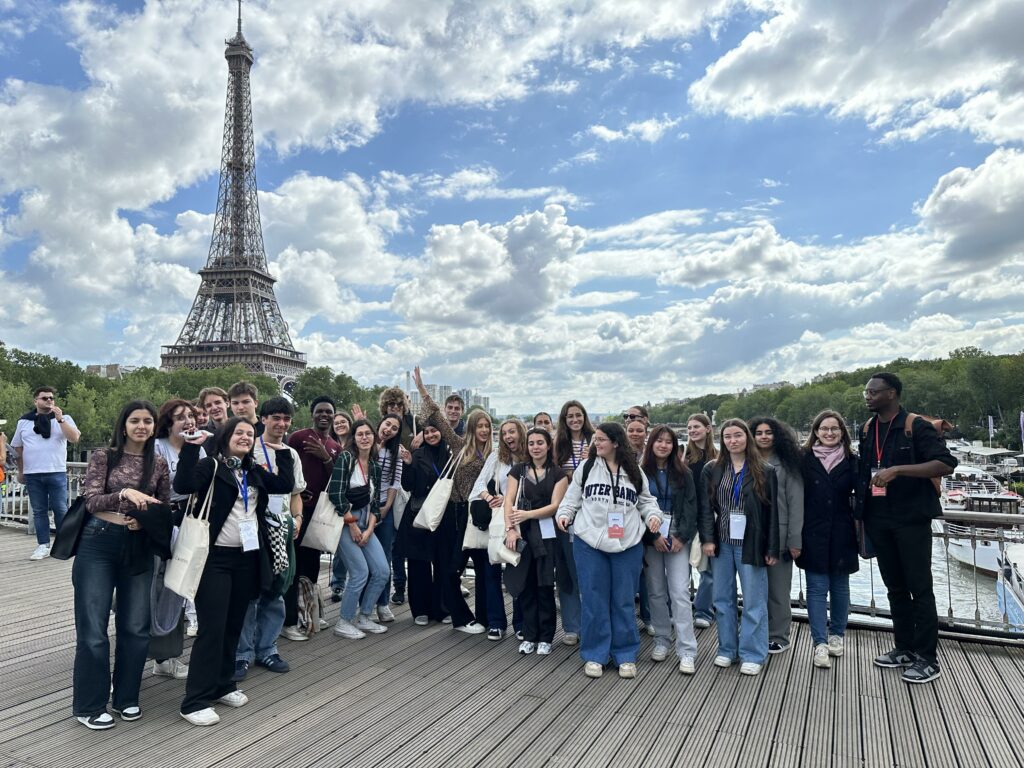Since its creation under the name Chemins d’avenirs, RURA has helped 13,000 young people in rural areas to build their future. Thanks to a mentoring platform, an innovative methodology, themed training courses and opportunities, it has supported them regardless of their social background or academic results. Today, the RURA community counts 30,000 members committed to territorial equal opportunities.
60% of the French population lives in what is known as “peripheral France”, made up of sparsely populated, ageing areas marked by economic crisis and deindustrialization. While this may be a good place to live, inequalities are on the rise!
Young people, often far from places of study, culture or socialization, do not have the same opportunities as their peers in the major metropolises. They even face additional challenges – house arrest, economic and social fragility, lack of information, strong feelings of self-censorship, the digital divide – which slow them down in building their career paths. It was to help them realize their potential that the association Chemins d’avenirs, now RURA, was created
It is the first organization to support middle and high school students in rural areas, suburban bangs and small and medium-sized towns, so that their success depends on their motivation, curiosity and potential, rather than their social origins or academic results.
Mentoring and sharing
“Whether they want to take over their parents’ farm, work in a sports store, or in childcare, whether they dream of being a doctor, lawyer or teacher. We help these young people gain confidence and build their career paths”, explains Salomé Berlioux, the association’s founder and managing director.
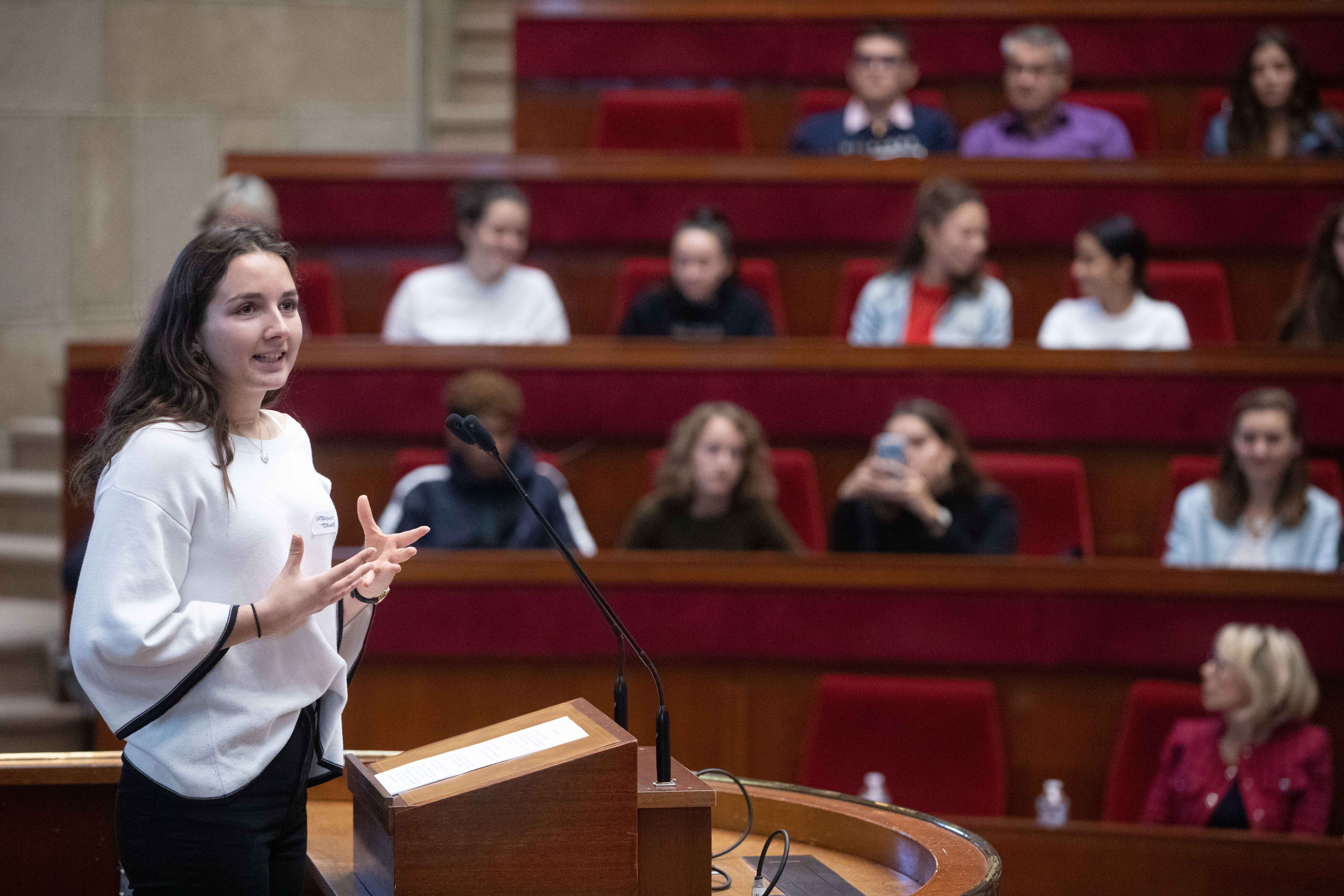
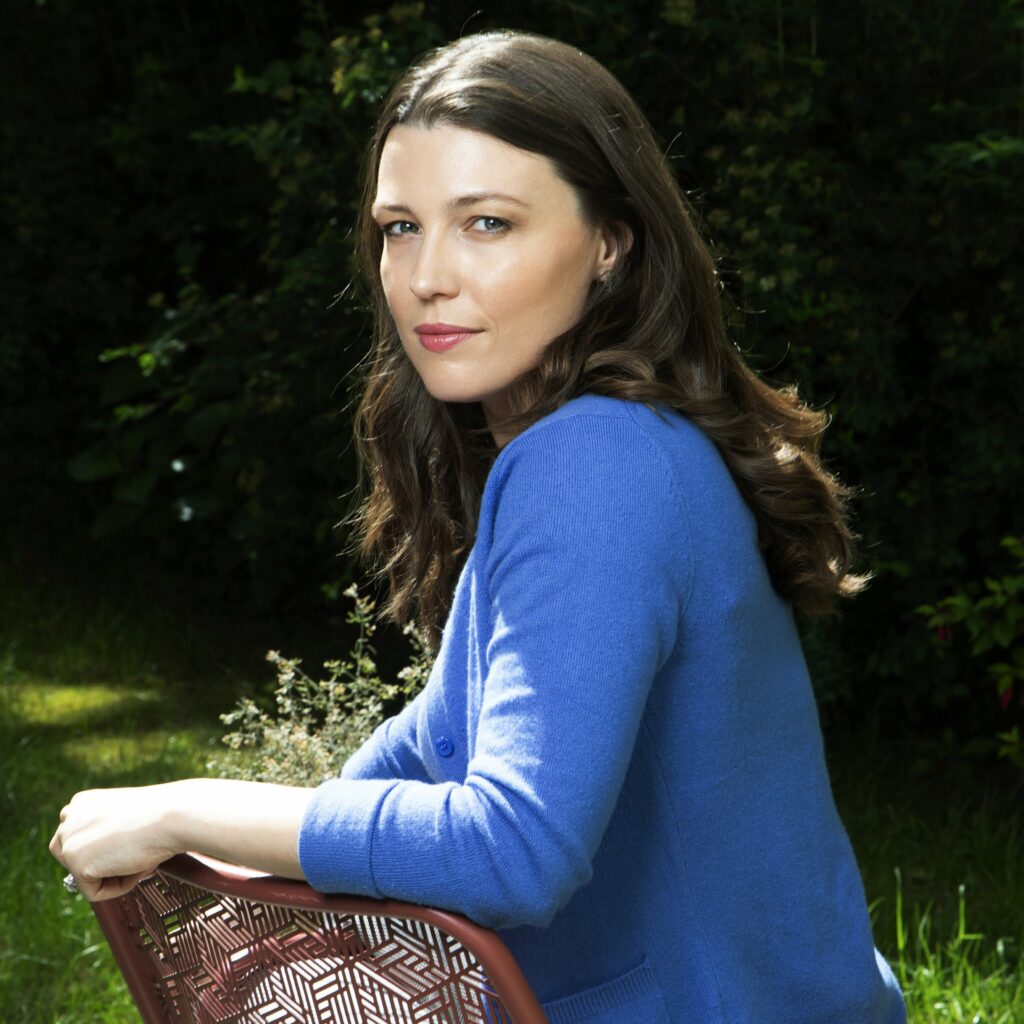
Salomé Berlioux
A founder who knows what she’s talking about, having herself left the Allier, then the Nièvre, at the age of 18 to earn two masters degrees in Paris (École normale supérieure and Sciences Po). “It took me a long time to find my way. Time to fight self-censorship, to learn the codes…”. As she embarked on a career path of excellence, she realized that “sixty percent of our young people don’t have the same chances of realizing their potential as their peers in the big cities.”
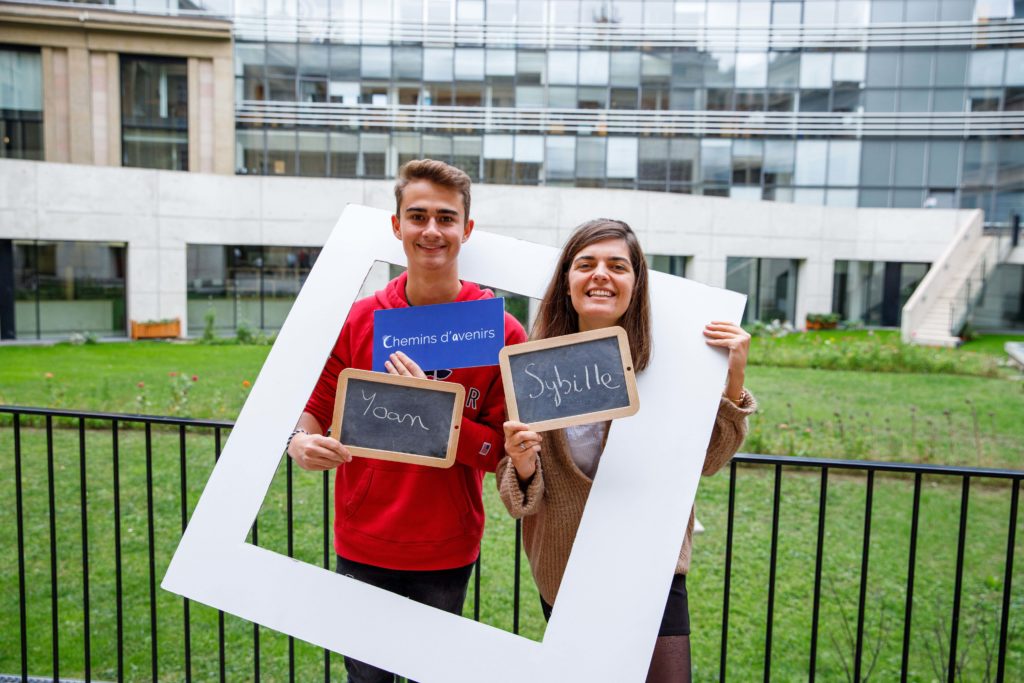
Rencontres Jeunesse & Territoires 2019
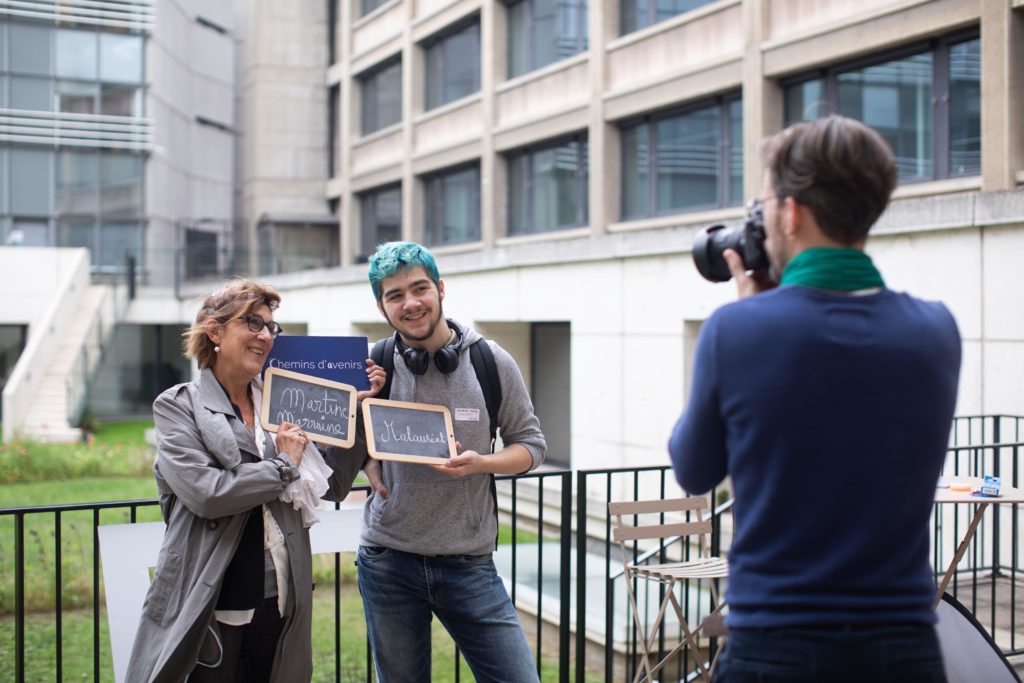
To combat this determinism, she is betting on mentoring! For 12 months, from 4th grade to BAC +3, each mentee is put in touch with a mentor, who shares his or her experience and network.
“We match the aspirations of the students with the profiles of the mentors, who come from all professional and geographical backgrounds. They need to have a strong grasp of career issues, and be ready to talk to their godchild once a month by phone, Skype or e-mail, for a renewable 12-month period”, explains Salomé Berlioux. They must also, if possible, commit to meeting them at least once a year.
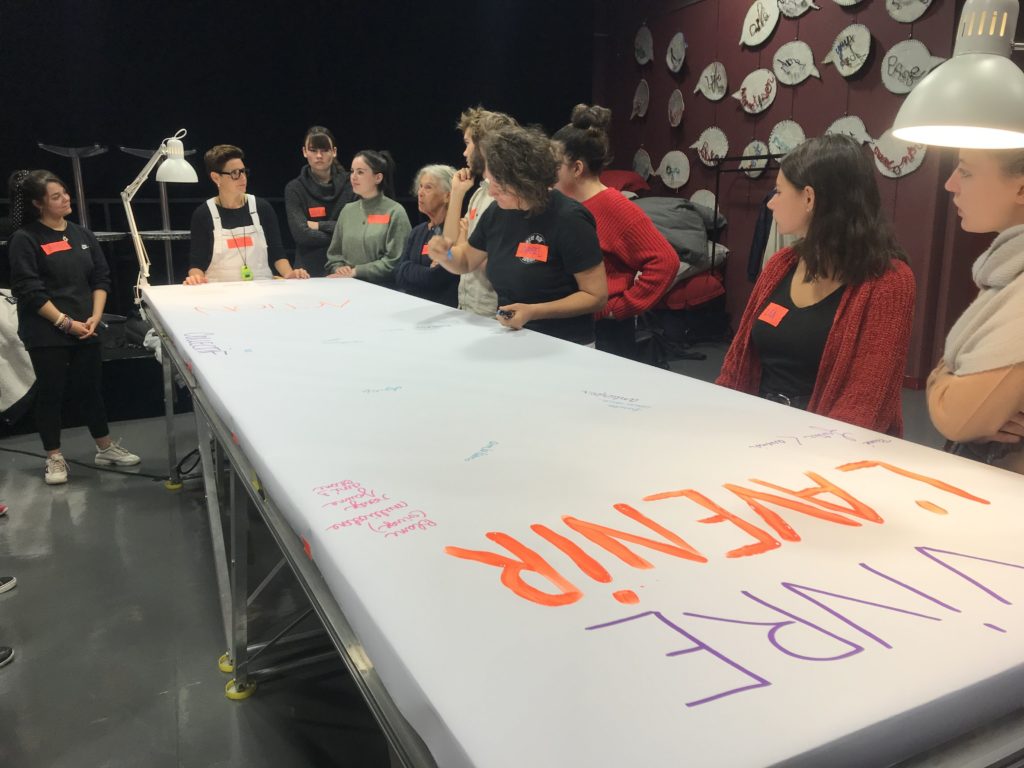
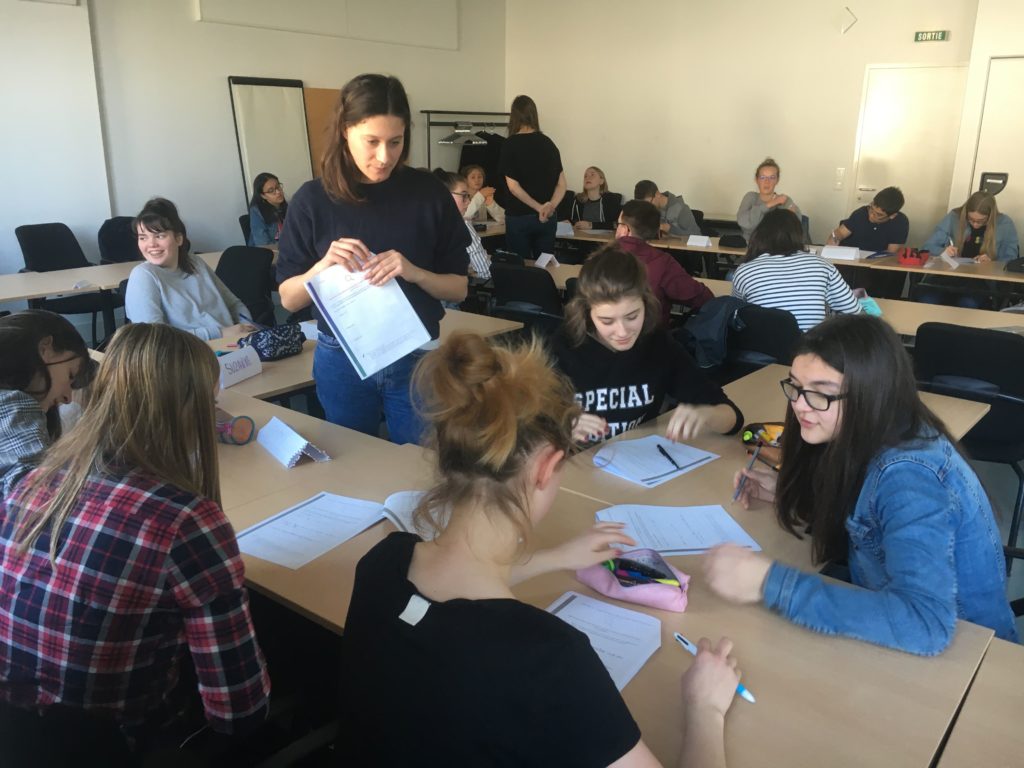
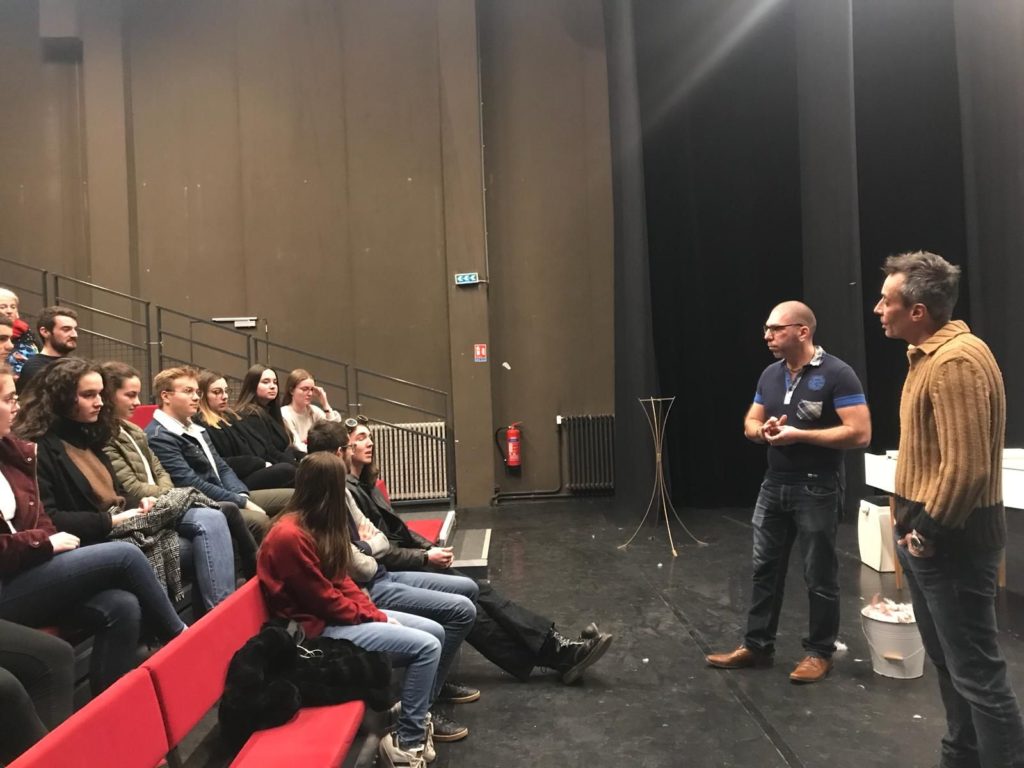
A digital platform for exchange and dialogue, workshops in partner establishments, themed training courses on speaking out, female empowerment and culture, internship opportunities, mobility grants, company visits and meetings with professionals underpin this “success ecosystem”, which supports young people in their orientation towards secondary school, higher education or learning a trade.
As equals!
Thanks to the association, I can see the bigger picture. I’ve learned that you have to believe in what you want to do and give yourself the means to do it.
Imagine the first contact between these mentors, some of them middle-aged and socially and professionally successful, and a young, totally unknown middle or high school student. It’s bound to be intimidating, and not always in the way you’d think! Fortunately, the association has put together some very well-designed teaching kits to structure the exchanges. This well-honed organization avoids classic role-playing.
With RURA, there’s no question of controlling the notebook! We talk as equals and learn from each other. The young person discovers the reality of the working world, the power of networks… He shares his opinions on books, films, political or social issues… He suddenly considers studying abroad, something he had previously forbidden himself to do…
« It has enabled me to discover myself, new jobs and new people,” says an enthusiastic young man. “Thanks to the association and my sponsor, I now know what I want to do later on, and how to get there.
« Thanks to the association, I can see the bigger picture. I’ve learned that you have to believe in what you want to do and give yourself the means to do it”, adds another young person who is just as convinced. »
Growing impact
RURA, then Chemins d’avenir, is advancing rapidly but surely, step by step! In 2016, the year the association was founded, around a hundred young people, schooled in the Clermont Ferrand academy benefited from the first sponsorship program. In 2017-2018, there are 300, from three academies. In 2018-2019, 500 from four academies…
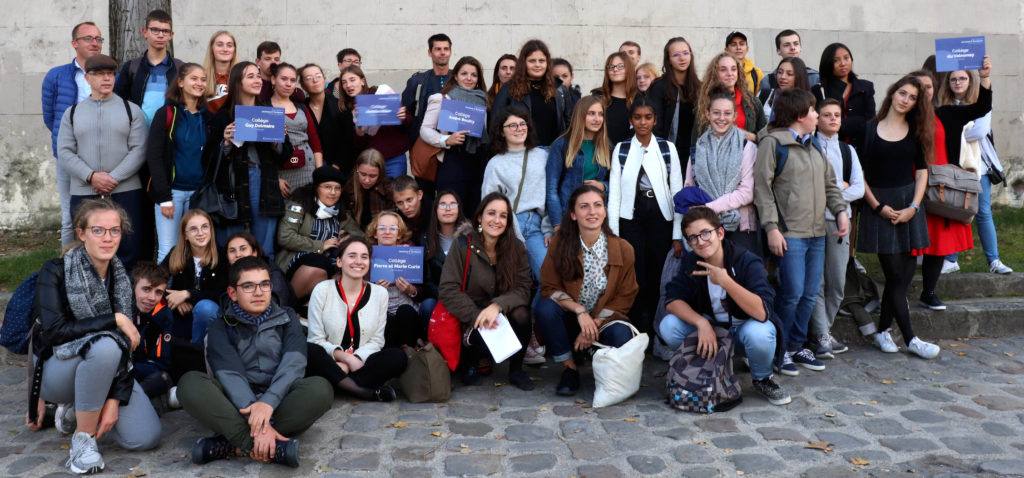
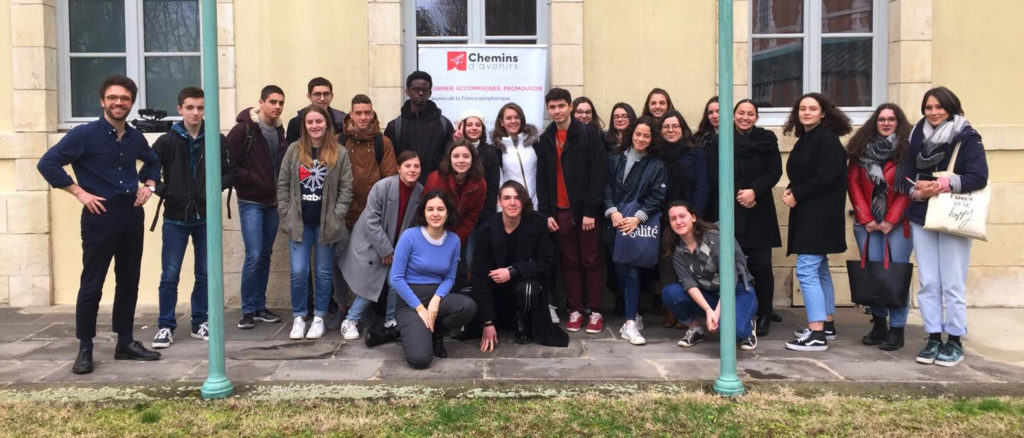
With 1,000 young people supported and 8 academies involved, the 2019 – 2020 school year marks a take-off that will never be denied.
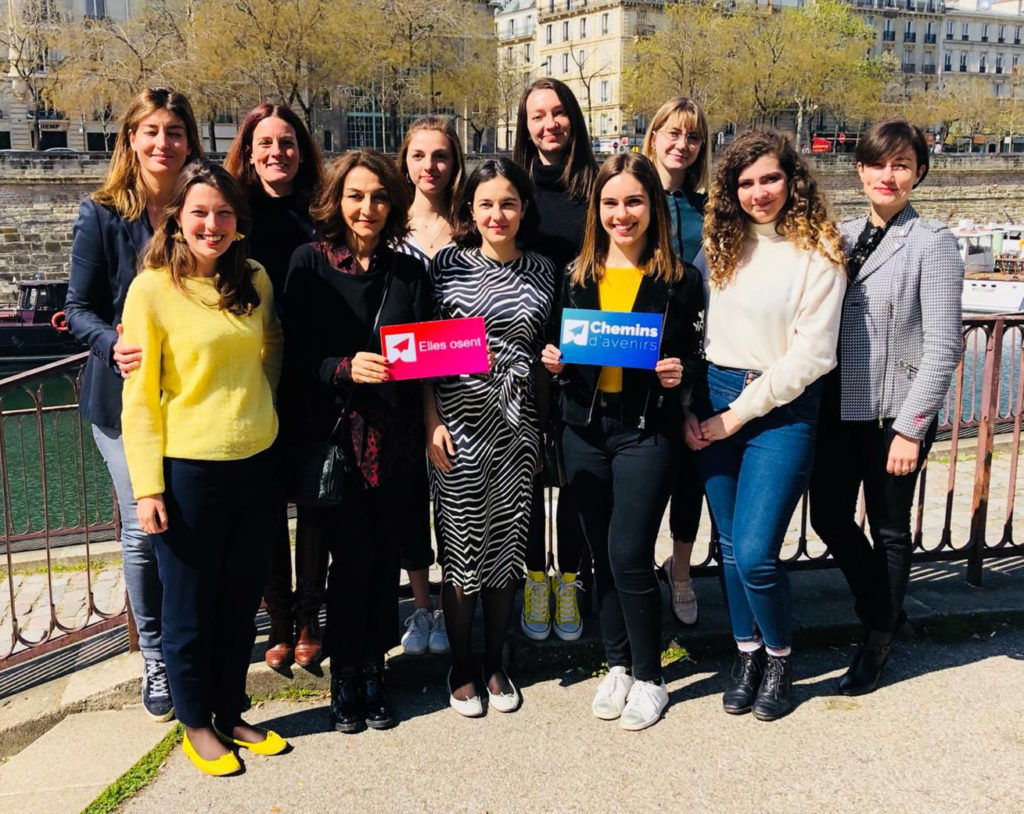
Today, RURA accompanies 3,500 young people every year. At the same time, the association’s teams go out to meet middle and high school students to run workshops on self-confidence, 30 speaking out, professional integration…
In short, all the young people we support benefit from three key programs :
. “Culture and writing”, with cultural interventions, writing workshops, participation in ‘balades’ or major cultural events.
. “Elles Osent! raising girls’ awareness of gender bias, including a personal development day and meetings in Paris.
. “Les Jeunes des Territoires ont la parole”: training in public speaking, including workshops and an eloquence competition at the Maison de la Radio.
At the same time, RURA awards 86 grants worth a total of 55,534 euros, financing various needs such as driving licenses, internships abroad, computers, and certifications such as the BAFA.
Professional integration
RURA supports over 1,500 alumni every year. To encourage interaction between them, meetings are organized in Tours, Lyon, Moulins, Rennes, Caen and Grenoble to enable RURA alumni to forge links and network.
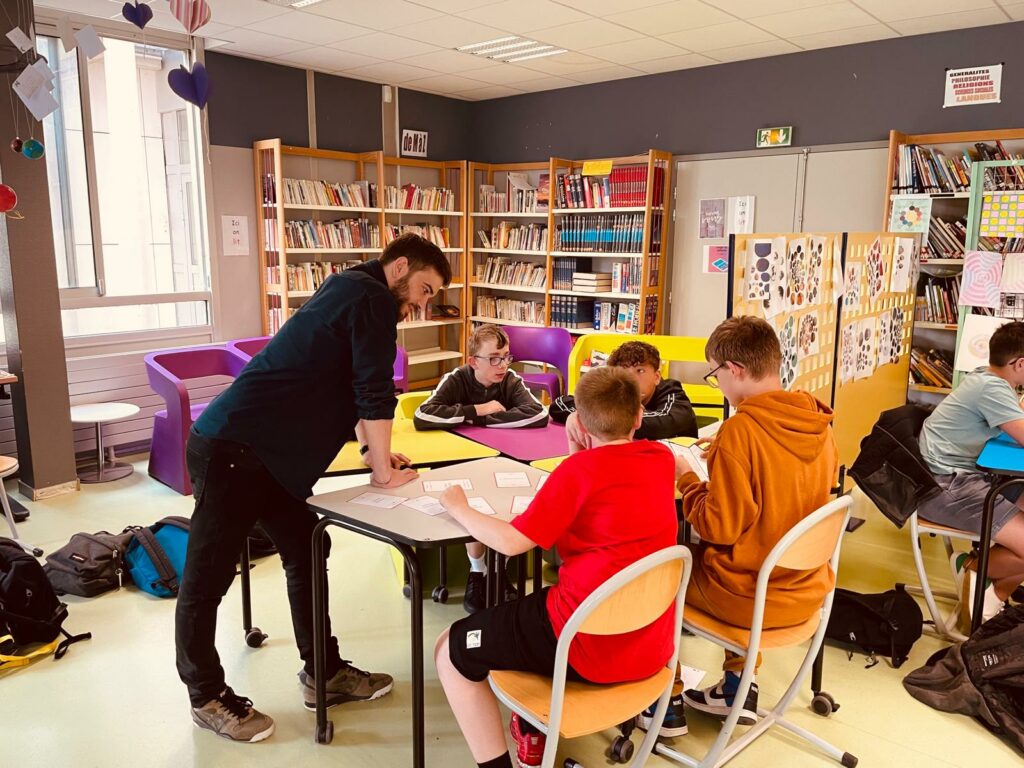
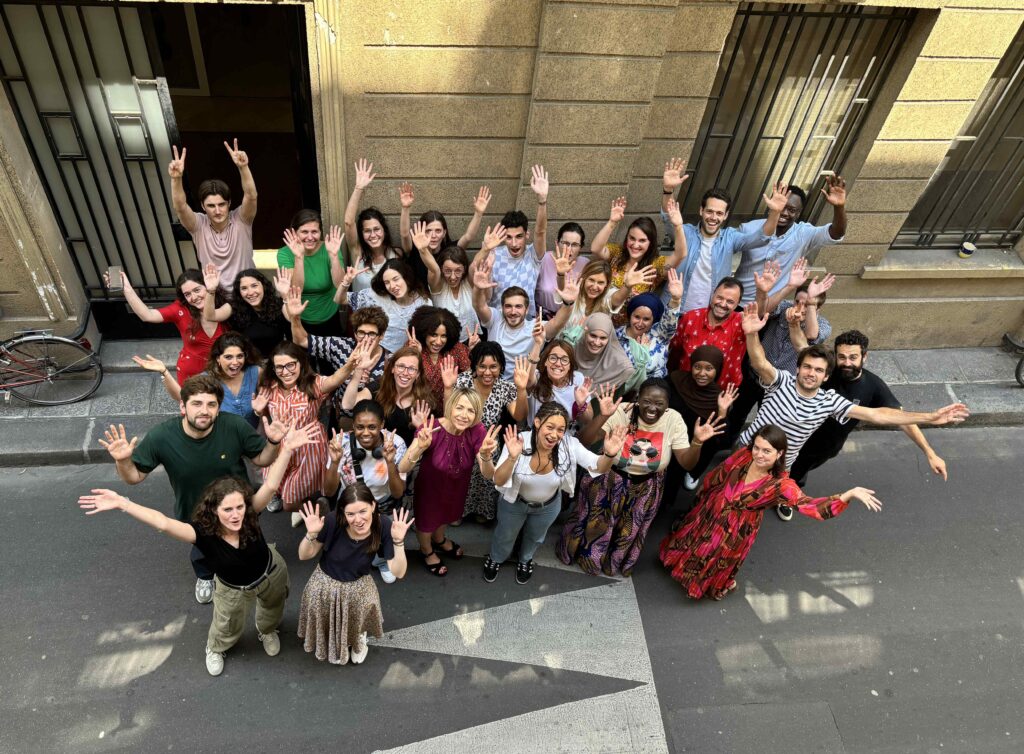
RURA gives them access to a vast catalog of opportunities, including museum visits, cinema tickets, special events and internships. 410 of them win scholarships to carry out their civic and professional projects, while 510 land internships or work-study placements. All expand their networks and benefit from specific opportunities.
Thanks to a structured spin-off strategy, several years after its creation in 2016, RURA has extended its initiatives to the whole of France. Support and recommendations from rectorates, politicians and associations are helping the association to forge ahead. Almayuda is proud to contribute to its development.
Useful links :
www.rura.fr


